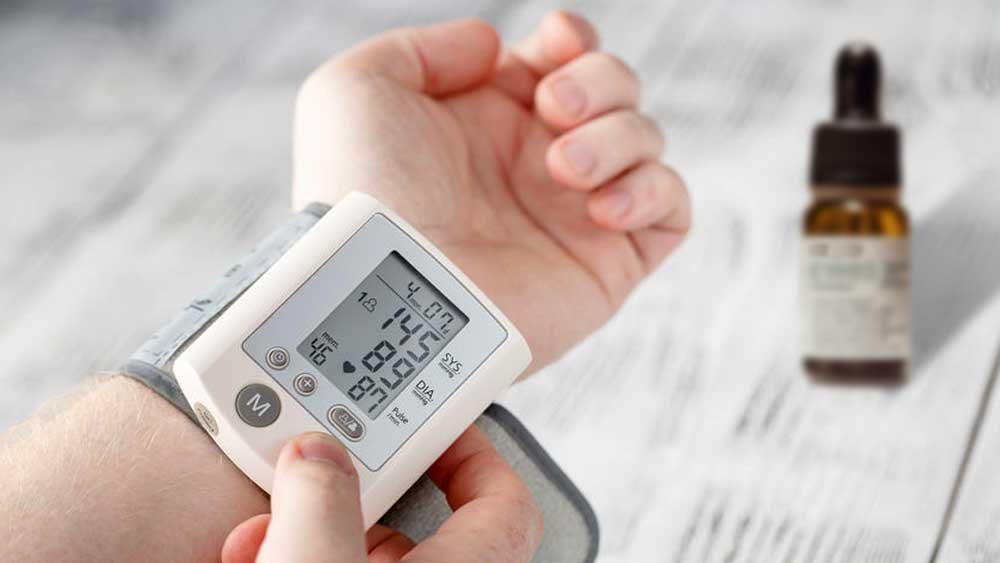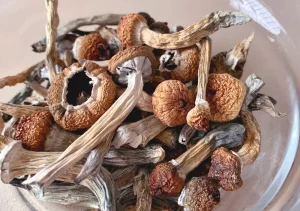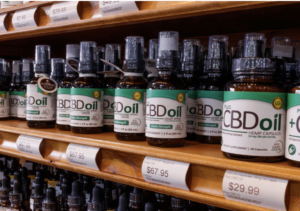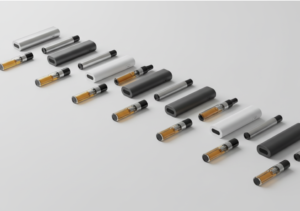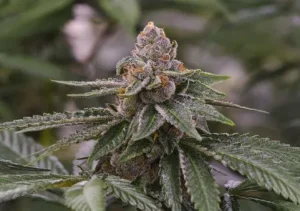CBD is a natural plant-derived molecule with truly versatile effects on human health, and one of these effects directly causes blood pressure to drop.
The complex legal status of cannabis and hemp continues to cripple CBD research on a global scale, and human studies remain very rare.
While research is still only performed on animals for the majority of conditions, a very important human study was specifically looking into the effects of CBD on blood pressure.
This groundbreaking placebo-controlled, double-blind 2017 research was the first to look into whether CBD reduces blood pressure in humans, and it was inspired by previous preclinical studies which hinted that CBD offers a multitude of cardiovascular benefits.
Nine healthy male volunteers participated in the research, and were given either a 600mg dose of CBD, or a placebo.
The results showed that the participants who received the 600mg CBD dose had:
- Reduced resting systolic blood pressure (–6 mmHg; P < 0.05)
- Increased heart rate
- Reduced stroke volume (–8 ml; P < 0.05)
- A maintained cardiac output
The data also showed that the participants who were given the CBD dose had:
- Reduced blood pressure before and after stress (–5 mmHg; P < 0.05)
- Increased heart rate (+10 bpm; P < 0.01)
- Reduced stroke volume (–13 ml; P < 0.01)
Finally, in response to cold stress, volunteers who were given 600mg of CBD had:
- Reduced blood pressure (–6 mmHg; P < 0.01)
- Increased heart rate (+7 bpm; P < 0.05)
- Lower total peripheral resistance
Researchers concluded that a single administration of CBD reduced resting blood pressure, but also reduced the blood pressure increase associated with stressful situations.
How Much CBD Should You Take to Lower Your Blood Pressure?
The participants in the study received a considerably large single dose of CBD (600mg), which could be considered as a very expensive treatment method for most people.
On the safety side of things, a 2011 scientific review stated that high doses of CBD are well tolerated in humans (up to 1,500mg per day), and a 2017 follow-up survey also corroborated this claim.
High blood pressure is a very serious health condition, so if you’re planning to implement CBD in your regimen, the doses have to be greater compared to less-debilitating conditions such as anxiety or insomnia, for instance.
Not sure how to dose CBD? Download Droppy – the app that calculates your perfect dosage based on research studies.
People react differently to CBD, mostly due to the difference in age, overall health, and genetics. These differences make finding the perfect dose of CBD a personal quest, which usually requires some fine-tuning.
For this particular condition, it would be better to start with an intermediate dose (around 60mg of CBD per day) and observe how you are responding. This dose can also be met by consuming two 30mg CBD capsules per day.
It’s highly recommended to keep a “CBD journal” which will help you follow your daily intake and the precise effects of different CBD doses.
Why Some People Require More Time To Experience the Benefits of CBD
Some people feel the effects of CBD right away, while others don’t seem to notice any difference whatsoever.
A debate about why exactly this happens still rages on, and as of yet there are no definitive answers.
One of the main hypotheses (and my personal favorite) is the endocannabinoid system deficiency.
The way CBD (and all other cannabinoids) produce their beneficial effects is by “enticing” the cells of the endocannabinoid system.
Imagine CBD molecules as keys, which upon entering the “lock” (receptor) of a specific cell trigger a specific reaction of that cell.
The endocannabinoid system is a vast collection of different cells located throughout the body, which is why CBD is able to help with such a large number of different conditions and disorders.
Due to differences in age, unique genetics, overall health, and a variety of other complex factors, some people have a “malfunctioning” endocannabinoid system.
This means that the cells of a malfunctioning endocannabinoid system won’t react in the same way as the cells of a properly-functioning endocannabinoid system.
The theory also suggests that the endocannabinoid system can be “restarted”, by continually exposing its cells to cannabinoids like CBD. This process usually lasts for several weeks.
The entire endeavor requires some dedication and conviction, but as CBD is completely natural and very well tolerated in most people, it’s not much of a sacrifice to try it out.
Potential Side Effects of CBD
Just like the percentage of people who don’t experience relief from CBD right away, some individuals tend to have adverse effects from CBD, while most users don’t have any noticeable issues.
This is also most likely due to age, overall health, personal chemistry, and genetic differences.
Luckily, most of the potential side effects of CBD are not too serious and can be considered only a nuisance. They include:
- Fatigue (especially at large doses)
- Irritability (also at large doses)
- Nausea
- Diarrhea
- Decreased appetite
Unfortunately, this entire field of medicine is not yet well understood. The only way to determine which category of users you belong is to try using CBD.
It’s important to understand that the potential side effects are not hazardous in any way.
CBD Interactions With Other Medications
Similarly to grapefruit juice, CBD interferes with the metabolization (the breakdown) of all medications that have a grapefruit warning on their packaging.
This is because CBD is metabolized by an enzyme called CYP3A4.
The CYP3A4 enzyme is also responsible for metabolizing a large percentage of prescription drugs, including some blood pressure medications.
This basically means that if your body is metabolizing both CBD and a different drug at the same time, the CYP3A4 enzyme will have to metabolize both substances at once, which is not a good thing.
The CBD in your system can diminish the metabolization of other drugs in your system, leaving elevated levels of the other drug for too long.
This process can also go the other way around, where the CYP3A4 enzyme “focuses” more on the other drug, which will leave the CBD molecules “lingering” in your body.
The interactions of other medications with CBD are very important, so please take them extremely seriously and do your homework by thoroughly researching the medication you’re taking.
Some medications don’t have a grapefruit warning on their packaging, so check the inserted information for any mention of the CYP3A4 enzyme.
You should also consult with your doctor, but they are still (in most cases) not adequately familiar with CBD and its drug interactions.
High blood pressure is a very serious condition, and it’s absolutely vital to perform rigorous research if you plan to add CBD to your existing treatment regimen.
